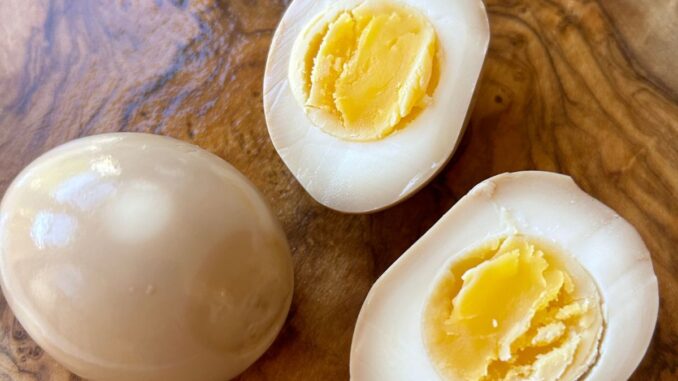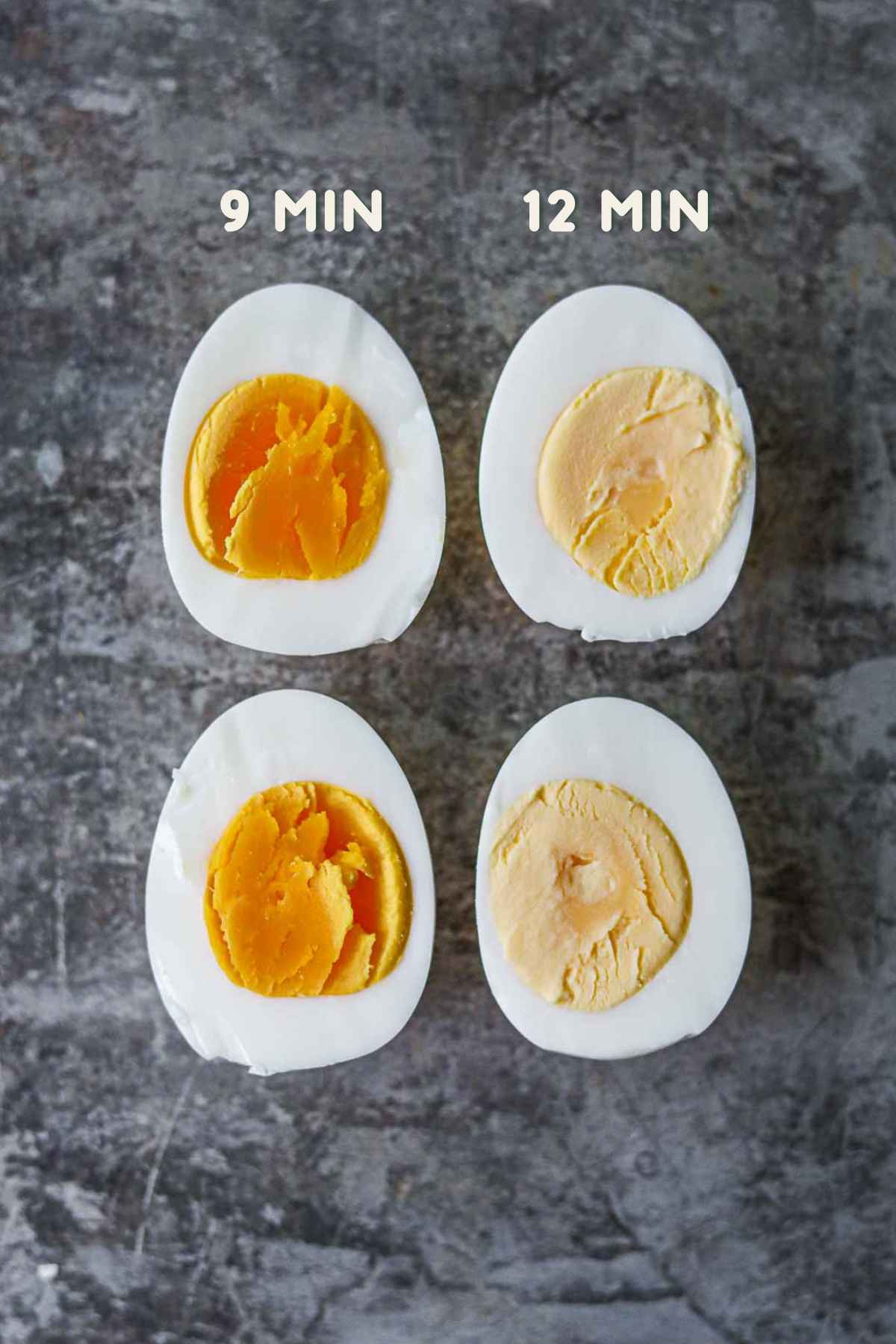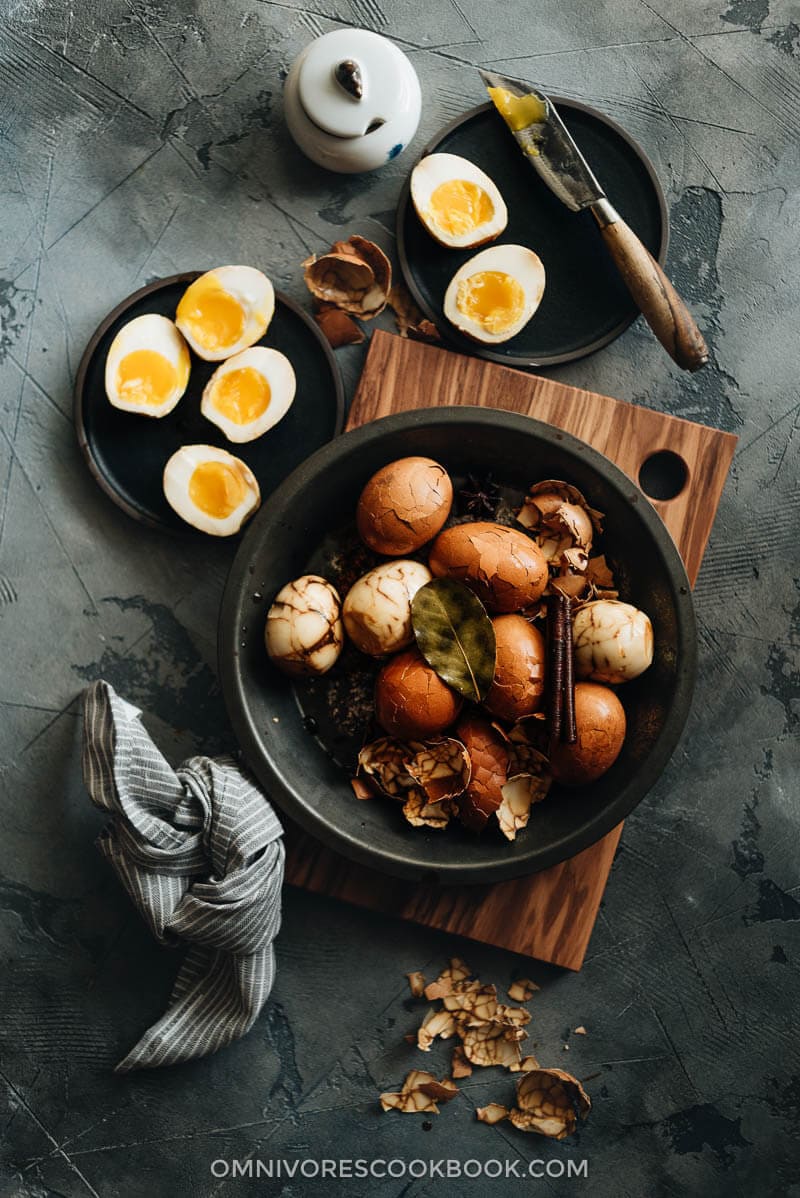
How Long Are Boiled Eggs Good Out of the Fridge?
Picture this: you’re craving a protein-packed snack, so you boil a few eggs. After enjoying one, you realize you’re too full to finish the rest. But wait, how long can you keep boiled eggs out of the fridge? Panic sets in as you scroll through search results, desperate for an answer.
Fear not, egg enthusiasts! This comprehensive guide will unravel the mystery of boiled egg storage, ensuring you enjoy your culinary creations without risking foodborne illnesses. Read on to discover the optimal storage conditions and shelf life of boiled eggs, so you can indulge in their goodness without worry.
Unrefrigerated Boiled Eggs: A Perishable Delicacy
Unlike their raw counterparts, boiled eggs lose their protective barrier – the eggshell. This makes them more vulnerable to bacteria, the primary culprits of food spoilage. Without refrigeration, bacteria can multiply rapidly, potentially causing foodborne illnesses like Salmonella or E. coli.
Therefore, it’s crucial to refrigerate boiled eggs promptly to minimize bacterial growth and maintain their safety for consumption. Failure to do so can compromise their quality and pose health risks.
Refrigerated Boiled Eggs: Extending Their Shelf Life
Under the protective embrace of refrigeration, boiled eggs can enjoy a significantly extended shelf life. When stored in an airtight container, they can remain safely consumable for up to a week.
Why the time difference? Refrigeration slows down bacterial growth, allowing the eggs to maintain their freshness and quality for a longer duration. However, it’s important to note that this timeline is not absolute and can be affected by factors such as the initial freshness of the eggs and the cleanliness of your refrigerator.
Unpeeled vs. Peeled: The Shelf Life Debate
Peeling boiled eggs is a task that divides the culinary world. Some prefer the convenience of peeling before refrigeration, while others opt to keep the shell intact until consumption. So, which approach reigns supreme when it comes to preserving shelf life?
The answer lies in the egg’s protective layer. The eggshell acts as a barrier against bacteria, extending the shelf life of unpeeled eggs slightly. However, once peeled, eggs become more susceptible to contamination and should be consumed within a shorter time frame.
Tips from the Egg-sperts: Maximizing Boiled Egg Storage
To ensure the optimal storage and longevity of your boiled eggs, heed the advice of culinary experts:
- Use fresh eggs: The freshness of the eggs directly impacts their shelf life, so start with the highest quality.
- Boil eggs thoroughly: Ensure the eggs are cooked to an internal temperature of 165°F to eliminate harmful bacteria.
- Cool eggs quickly: After boiling, place the eggs in an ice bath to cool them rapidly, preventing overcooking and preserving their texture.
- Store in airtight containers: Keep boiled eggs in sealed containers to prevent contamination and moisture loss.
- Consume promptly: Enjoy your boiled eggs within the recommended timeframe to ensure the best quality and safety.
Frequently Asked Questions: Boiled Egg Storage Demystified
Q: Can I store boiled eggs at room temperature for a few hours?
A: While it’s not ideal, boiled eggs can be kept at room temperature for up to two hours. However, it’s crucial to ensure they’re consumed promptly to minimize the risk of bacterial growth.
Q: How can I tell if a boiled egg has gone bad?
A: Signs of a spoiled boiled egg include an unpleasant odor, discoloration, or a slimy texture. If you notice any of these indicators, discard the egg immediately to avoid foodborne illnesses.
Q: What’s the difference between hard-boiled and soft-boiled eggs in terms of storage?
A: Hard-boiled eggs have a longer shelf life compared to soft-boiled eggs due to their firmer texture and reduced moisture content. Soft-boiled eggs, with their runny yolks, should be consumed within a shorter timeframe to maintain their quality and prevent spoilage.
Conclusion
The secret to enjoying boiled eggs safely is in understanding their storage requirements. By following the guidelines outlined in this article, you can confidently savor this nutritious delicacy without compromising your health. Remember, refrigeration is key, and prompt consumption ensures the best possible experience.
So, next time you boil a batch of eggs, remember these tips and indulge in their goodness without worry. Let the joy of boiled eggs fill your life, one perfect bite at a time.
Interested in learning more about boiled eggs? Explore these additional resources for a deep dive into the culinary world of this versatile ingredient.

Image: theheirloompantry.co

Image: omnivorescookbook.com
Perfect Soft- and Hard-Boiled Egg Recipe Shelf life. Bottom line. Hard-boiled eggs may be good to eat for up to 1 week if they’re properly stored in a fridge. Hard-boiled eggs are highly nutritious and great to have at hand as a